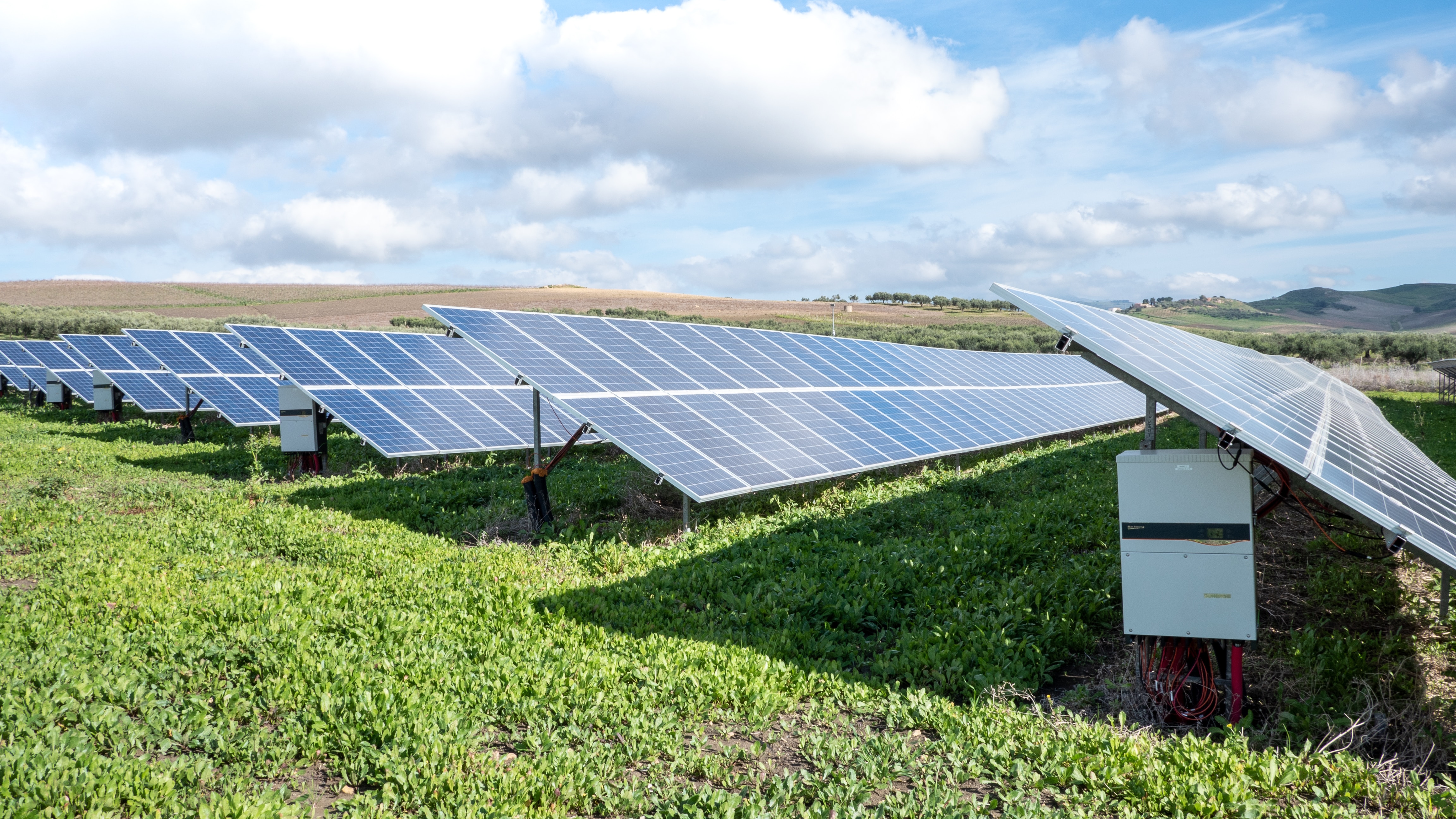The lingering effects of last year’s energy crisis and regulatory tailwinds saw energy transition specialist Inspired (INSE) deliver half year results that leave it on track to meet full year expectations.
The company grew its sales by 10% to £44.6m, driven by strong performances across each of its four divisions. Growth was particularly strong in its nascent ESG Services division, which all but doubled in size to £2.4m as more and more companies put procedures in place to manage their ESG disclosures and assess the impact of ESG measures.
The company expects a similar rate of growth in the division over the year as a whole, but also noted the opportunity for cross selling other services across the new clients the division brought into, notably including YouGov and Empiric Student Property. “It is the cross selling of Optimisation Services to Assurance Services and ESG Services' customers which provides the Group with the opportunity to remove carbon from the environment and allow clients drive material progress in the transition to net-zero”, the company said.
In particular, the large amounts of data required in ESG reporting are driving uptake of its Unify software platform, which drove a 22% organic sales increase in its high-margin Software business, again, a rate of growth set to continue throughout the year.
Elsewhere, the continued focus by businesses on reducing energy costs and carbon usage and ensuring secure energy supplies meant 14% top line growth in its Optimisation business. Customer churn meant sales in the Assurance division – which helps clients manage energy costs - were flat, but a record level of new client wins and Inspired’s end-to-end approach to sustainability solutions is expected to see retention levels normalise in 2024.
View from Vox
Inspired’s diversification is clearly paying off, with its full suite offering attracting blue chip clients looking to manage the many complexities of the energy transition.
As well as the cost savings companies are increasingly seeking in the wake of the energy crisis, many are subject to increasingly stringent environmental legislation and ESG reporting standards, particularly those trading on public markets.
Indeed, the momentum behind the ESG division puts the company in a strong position to capitalise on the introduction of the EU’s Corporate Sustainability Reporting Directive, which will oblige 50,000 businesses across the region to report on social and environmental risks and impacts. The new rules come into force in 2024 for first reports in 2025.
Despite this, the shares trade on a forecast 2023 PE of less than 7x, based on a full year pre-tax profit forecast of £17.2m and EPS of 13.3p That seems too cheap for a business that occupies such a strong position in this fast-growing and no longer niche sub-sector.

